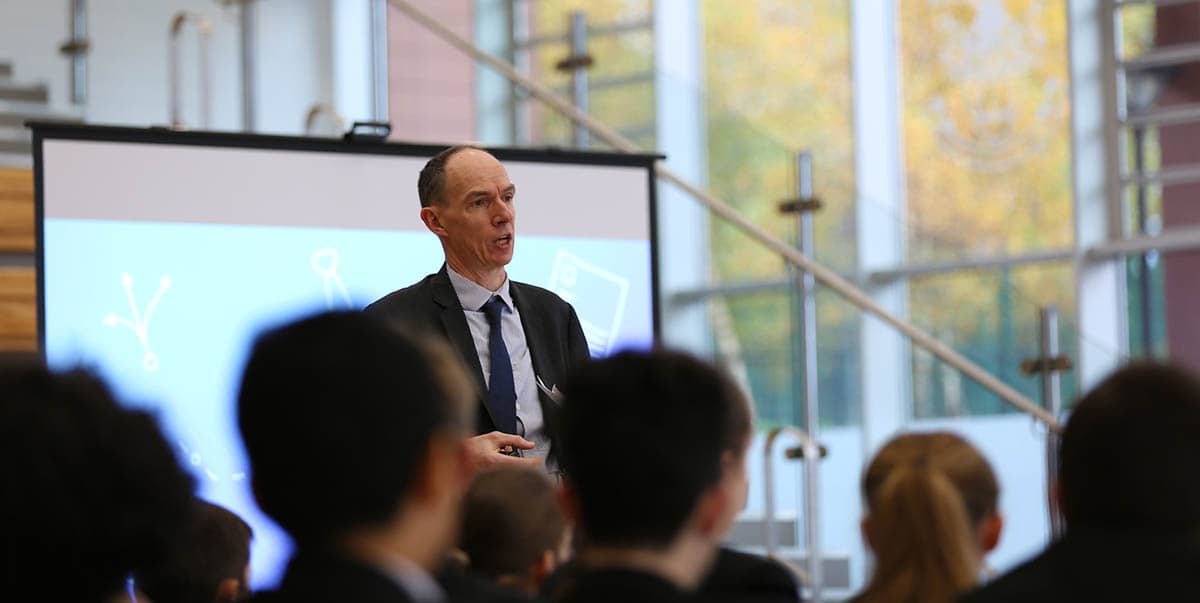Pound Sterling in Sharp Drop After Ramsden Boosts Odds of a June Rate Cut
- Written by: Gary Howes

Image © Bank of England
Pound Sterling fell after Bank of England Monetary Policy Committee member Dave Ramsden raised the odds of June rate cut.
The Pound to Euro exchange rate dipped a quarter of a per cent to 1.1655 in the minutes after Ramsden, speaking in Washington, said UK inflation risks are now tilted lower.
"Over the last few months I have become more confident in the evidence that risks to persistence in domestic inflation pressures are receding, helped by improved inflation dynamics," he said in a speech given to the Peterson Institute of International Economics.
The Pound to Dollar fell 0.20% to 1.2436.
Compare Currency Exchange Rates
Find out how much you could save on your international transfer
Estimated saving compared to high street banks:
£2,500.00
Free • No obligation • Takes 2 minutes
Referencing the Bank's most recent inflation forecasts laid out in February, Ramsden says, "the balance of domestic risks to the outlook for UK inflation, relative to the February MPR forecasts, is now tilted to the downside".
The Bank expects inflation to fall to the 2.0% target in the second quarter of 2024 before rising back to close to 3% by the first quarter of 2025, largely due to persistence in domestic inflationary pressures.
He now favours "a scenario where inflation stays close to the 2% target over the whole forecast period at least as likely."
Ramsden's comments follow those of Bank of England Governor Andrew Bailey, also made in Washington, that this week's above-consensus inflation reading is of little concern.
Bailey said earlier this month that the Bank could begin cutting interest rates before inflation has fallen to the 2.0% target and not risk raising inflation rates.
These comments will raise the odds that the Bank will proceed in June.
However, a cut will likely not come with the backing of the majority of the MPC with members Haskell and Mann recently indicating an August hike is more likely as they are wary of cutting prematurely owing to elevated pay levels in the UK.




